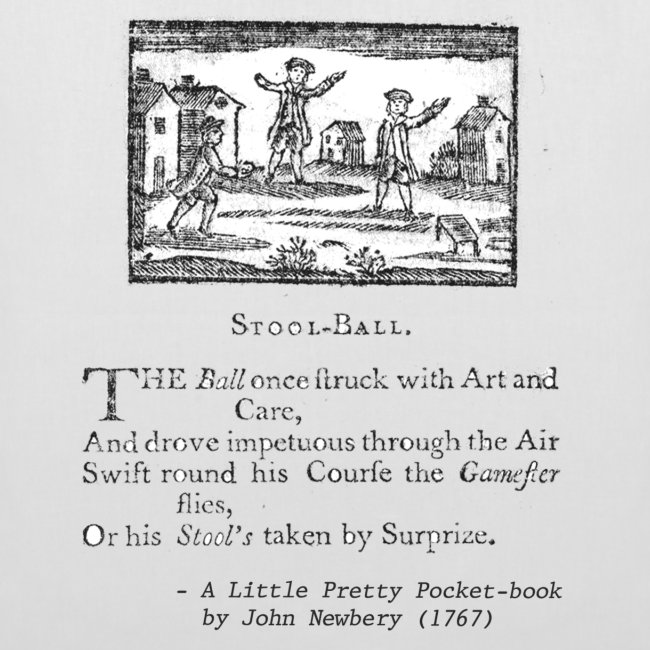Anna Seward and Botanical Elements Within Poetry
 Anna Seward’s poem “The backwardness of spring accounted for” was written in 1783 and depicts botanical ideas and imagery throughout. The poem was most likely inspired by Deliciae Naturaeor ‘The Delights of Nature” the famous speech delivered by Linnaeus when his office as Rector at the University of Uppsala. The poem ranks botanical elements in some kind of hierarchy and gives them all a certain level of status, such as referring to grass as downtrodden peasantry. The poem praises Linnaean botany and its discoveries, thus introducing a hierarchy amongst the different plants as that was an integral part of Linnaean botany. Along with talking about different elements within nature, the poem also makes a link to children and the impact that the theme botany has on Section of poem addresses children and childhood saying “Rejoice then my Children the hour is at hand When Botanical knowledge shall govern the land When the people of England with small pocket glasses Shall spend all their time in examining grasses When every School boy that pulls up a hex [?] With pliars and needles shall search for its sex When Gardener’s Girls their bouquets shall compose Corresponding in rank with their Customers nose Yes, yes, I perceive the great moment approaches When buds of distinction shall ride in their Coaches[…]”. This section of the poem highlights the fact that one day everyone in England, even school children will have an extensive interest and array of knowledge on the topic of botany and it will become a very popular hobby of sorts. The mentioning of children becoming fascinated and knowledgeable about botany shows us how Seward believes that botany is an important part of a child’s education and can help form and shape their minds for adulthood. This links to the ideas of famed physician of the period John Locke who believed that human nature is characterised by reason and tolerance. He believed that behaviour in children should be motivated by the “esteem or disgrace” they receive from their parents. As the children’s parents were most likely fascinated by Botany as many other adults were it would mean that children were encouraged by their parents to enjoy botany.The image above titled “Flora at play with Cupid” shows the two young gods sitting in a beautiful garden and playing together. This aspect of including the idea of botany with playing and having fun shows audiences how important entertainment is to children and their growth and how they should grow from the things available around them in order to become successful adults in the future. Having a skill for botany and attaining that knowledge is a useful skill for children to have and also keeps them grounded and connected to nature and the world around them.
Anna Seward’s poem “The backwardness of spring accounted for” was written in 1783 and depicts botanical ideas and imagery throughout. The poem was most likely inspired by Deliciae Naturaeor ‘The Delights of Nature” the famous speech delivered by Linnaeus when his office as Rector at the University of Uppsala. The poem ranks botanical elements in some kind of hierarchy and gives them all a certain level of status, such as referring to grass as downtrodden peasantry. The poem praises Linnaean botany and its discoveries, thus introducing a hierarchy amongst the different plants as that was an integral part of Linnaean botany. Along with talking about different elements within nature, the poem also makes a link to children and the impact that the theme botany has on Section of poem addresses children and childhood saying “Rejoice then my Children the hour is at hand When Botanical knowledge shall govern the land When the people of England with small pocket glasses Shall spend all their time in examining grasses When every School boy that pulls up a hex [?] With pliars and needles shall search for its sex When Gardener’s Girls their bouquets shall compose Corresponding in rank with their Customers nose Yes, yes, I perceive the great moment approaches When buds of distinction shall ride in their Coaches[…]”. This section of the poem highlights the fact that one day everyone in England, even school children will have an extensive interest and array of knowledge on the topic of botany and it will become a very popular hobby of sorts. The mentioning of children becoming fascinated and knowledgeable about botany shows us how Seward believes that botany is an important part of a child’s education and can help form and shape their minds for adulthood. This links to the ideas of famed physician of the period John Locke who believed that human nature is characterised by reason and tolerance. He believed that behaviour in children should be motivated by the “esteem or disgrace” they receive from their parents. As the children’s parents were most likely fascinated by Botany as many other adults were it would mean that children were encouraged by their parents to enjoy botany.The image above titled “Flora at play with Cupid” shows the two young gods sitting in a beautiful garden and playing together. This aspect of including the idea of botany with playing and having fun shows audiences how important entertainment is to children and their growth and how they should grow from the things available around them in order to become successful adults in the future. Having a skill for botany and attaining that knowledge is a useful skill for children to have and also keeps them grounded and connected to nature and the world around them.
Emily Dimond



















